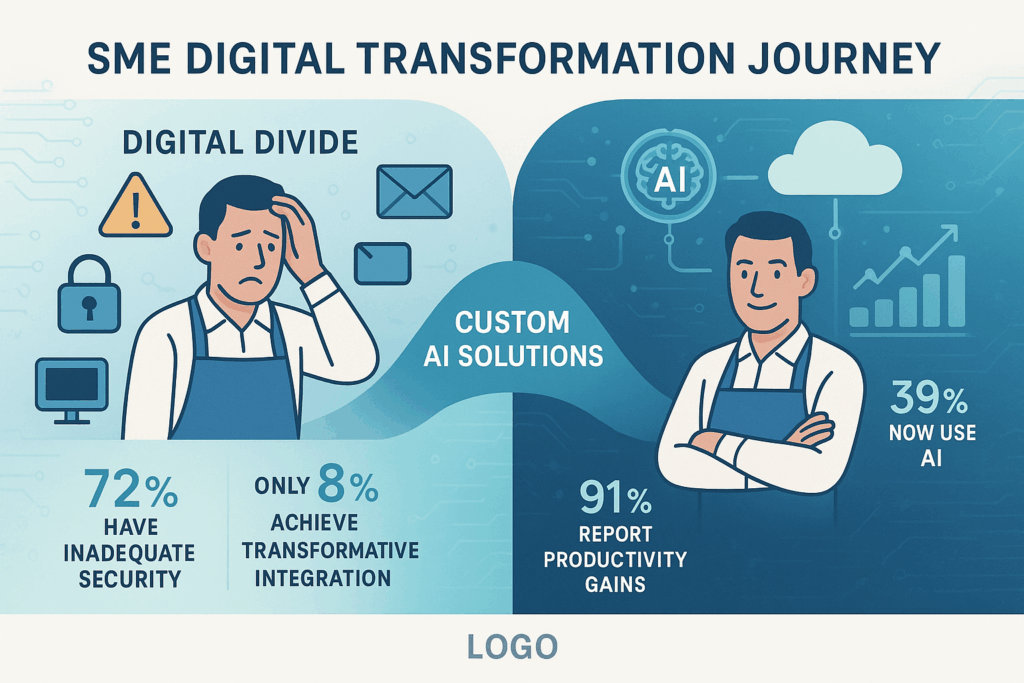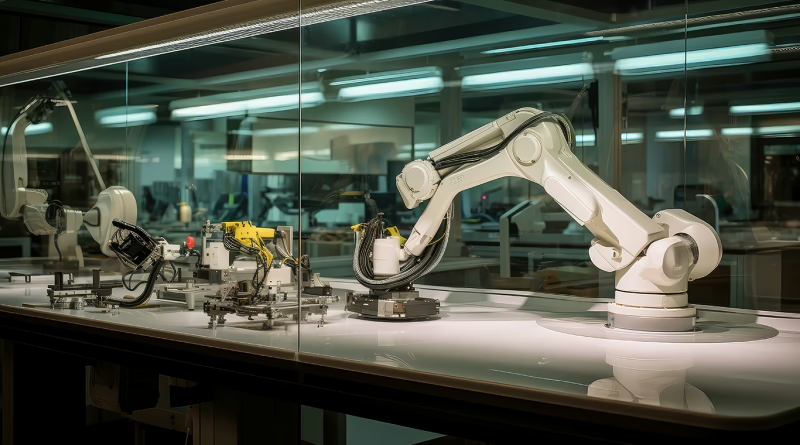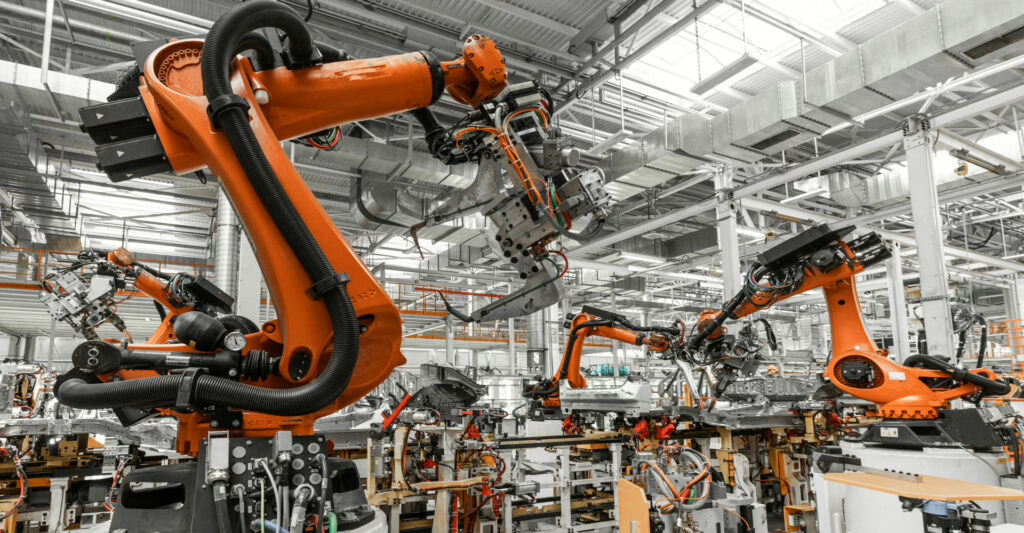The Organization for Economic Co-operation and Development (OECD) recently published its “SME Digitalisation for Competitiveness” report, offering critical insights into artificial intelligence adoption among small and medium-sized enterprises. After participating in a learning expedition with the OECD, we at Daijobu AI have identified several findings that directly impact how SMEs should approach their AI strategy in 2025 and beyond.
The State of AI Adoption Among SMEs in 2025
The headline statistics show promising growth:
- 39% of SMEs now use AI applications (up from 26% in 2024)
- 26% specifically use generative AI (up from 18% last year)
- 17% recognize they make passive use of AI through platforms they already use
However, a deeper analysis reveals concerning gaps:
- Only 8% of businesses have reached “transformative” digital integration
- 16% remain at basic digital adoption levels
- A full 72% have inadequate digital security measures
These statistics highlight a growing digital divide between businesses fully leveraging AI and those barely scratching the surface of its potential.

Top 5 Barriers to AI Adoption for Small Businesses
The OECD study identified the primary obstacles preventing SMEs from fully embracing digital transformation:
- Maintenance costs (40%) – Ongoing expenses for software updates, fixes and technical support
- Lack of time for training (39%) – Insufficient capacity to develop necessary skills
- Hardware costs (32%) – Upfront investment in necessary equipment
- Understanding digital regulations (26%) – Navigating complex compliance requirements
- Training costs (24%) – Expenses associated with formal skill development
Notably, cultural resistance ranked near the bottom of barriers, with only 7% citing management resistance and 6% citing employee resistance as significant obstacles.
Why Generic AI Solutions Are Failing Small Businesses
The research confirms a troubling trend: off-the-shelf AI products rarely meet the specific needs of SMEs. Among businesses aware of digital support programs but not using them, 27% reported that “available supports were not adapted to their needs.”
This mismatch occurs because generic AI solutions typically:
- Require businesses to adapt their processes to the technology
- Lack customization for industry-specific applications
- Provide minimal control over data and algorithms
- Come with significant hidden costs for training and maintenance
As OECD research shows, only 21% of SMEs are even aware of government support programs for digitalization, and only half of those actually benefit from such programs.
Digital Security: The Growing Threat to SME AI Adoption
Perhaps the most alarming finding relates to digital security vulnerabilities. The OECD report revealed:
- 32% of SMEs experienced a security breach in the past year (double the rate from 2024)
- 9% of businesses have no digital security measures at all
- 63% have only basic or intermediate protections
- Only 12% conduct regular cybersecurity assessments with experts
As AI adoption increases without proper security infrastructure, these vulnerabilities will only multiply – creating significant business risks.
How Custom AI Solutions Solve These Challenges
Custom AI solutions specifically designed for SMEs address these barriers in several ways:
- Cost Management: AI-as-a-Service models transform large upfront investments into manageable operational expenses
- Reduced Complexity: Purpose-built frameworks can reduce implementation complexity by up to 20x
- Enhanced Security: Sovereign infrastructure with comprehensive control systems
- True Customization: Models trained exclusively on client data for optimal performance
- Data Control: Transparent tools that give clients full ownership of their information
The Business Impact of AI for SMEs: Real Benefits
The OECD research identified the primary benefits SMEs report from successful digital adoption:
- Process automation (53%) – Reducing manual tasks and increasing efficiency
- Customer base expansion (39%) – Reaching new markets and demographics
- Increased domestic sales (35%) – Growing revenue within existing markets
- Improved business monitoring (24%) – Enhanced data-driven decision making
Among businesses specifically using generative AI, the benefits were even more pronounced:
- 91% reported significant productivity improvements
- 76% experienced enhanced innovation capabilities
- 66% were able to operate with reduced staffing needs
- 62% discovered new revenue sources
How to Get Started with Custom AI for Your Business
If you’re looking to implement a more effective AI strategy for your small or medium business, consider these steps:
- Assess your digital maturity level using the OECD framework
- Identify specific business processes that could benefit most from AI enhancement
- Evaluate your current digital security measures against industry standards
- Consider leasing models that minimize upfront costs
- Prioritize solutions that offer data ownership and control
Conclusion: The Future of AI for Small Business
The OECD projections suggest AI will contribute €15.7 trillion to the global economy by 2030. For SMEs to capture their share of this growth, they need AI solutions that are:
- Specifically tailored to their unique needs
- Affordable and accessible without massive upfront investment
- Secure and compliant with evolving regulations
- Designed to enhance rather than replace human capabilities
At Daijobu AI, we’re committed to democratizing access to custom AI solutions that help small and medium businesses bridge the digital divide and compete effectively in an increasingly AI-driven marketplace.
Want to learn how custom AI can transform your business operations? Contact Daijobu AI today to schedule a personalized demonstration.
Sources: “SME Digitalisation for Competitiveness: The 2025 OECD D4SME Survey” by Marco Bianchini and Marta Lasheras Sancho, Organization for Economic Co-operation and Development (OECD).











